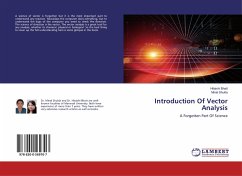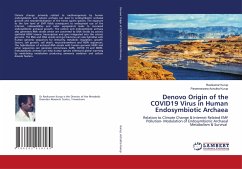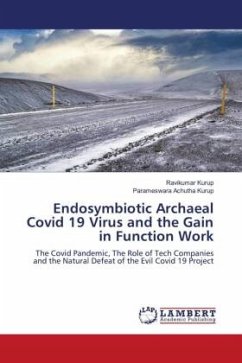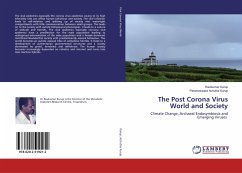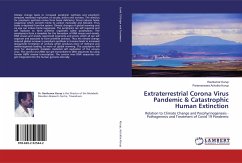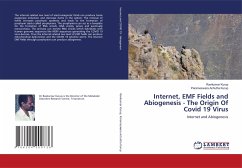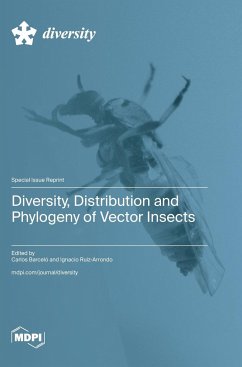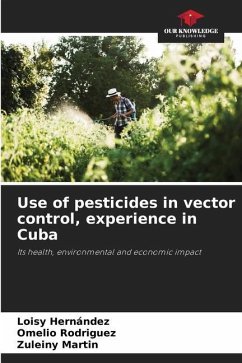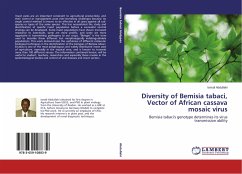
Diversity of Bemisia tabaci, Vector of African cassava mosaic virus
Bemisia tabaci's genotype determines its virus transmission ability
Versandkostenfrei!
Versandfertig in 6-10 Tagen
39,99 €
inkl. MwSt.

PAYBACK Punkte
20 °P sammeln!
Insect pests are an important constraint to agricultural productivity, and their control or management pose ever-increasing challenges because no single control method is known to be effective in all cases against all sub-species or types of the same species. This has necessitated the study and identification of specific insect population before a successful control strategy can be developed. Some insect populations have shown increased resistance to insecticide, some are more prolific, and some are more aggressive in transmitting pathogens to our crops. Biotype is the term used to describe th...
Insect pests are an important constraint to agricultural productivity, and their control or management pose ever-increasing challenges because no single control method is known to be effective in all cases against all sub-species or types of the same species. This has necessitated the study and identification of specific insect population before a successful control strategy can be developed. Some insect populations have shown increased resistance to insecticide, some are more prolific, and some are more aggressive in transmitting pathogens to our crops. Biotype is the term used to describe these different but morphologically indistinguishable populations. This work demonstrates the usefulness of different molecular biological techniques in the identification of the biotypes of Bemisia tabaci. B.tabaci is one of the most polyphagous and widely distributed insect pest of agriculture, especially in the tropical area, and is known to transmit more than 100 different viruses. The information contained herein, will be useful to student, teachers, researchers and especially those involve in the epidemiological studies and control of viral diseases and insect vectors.



